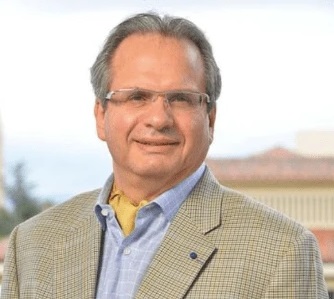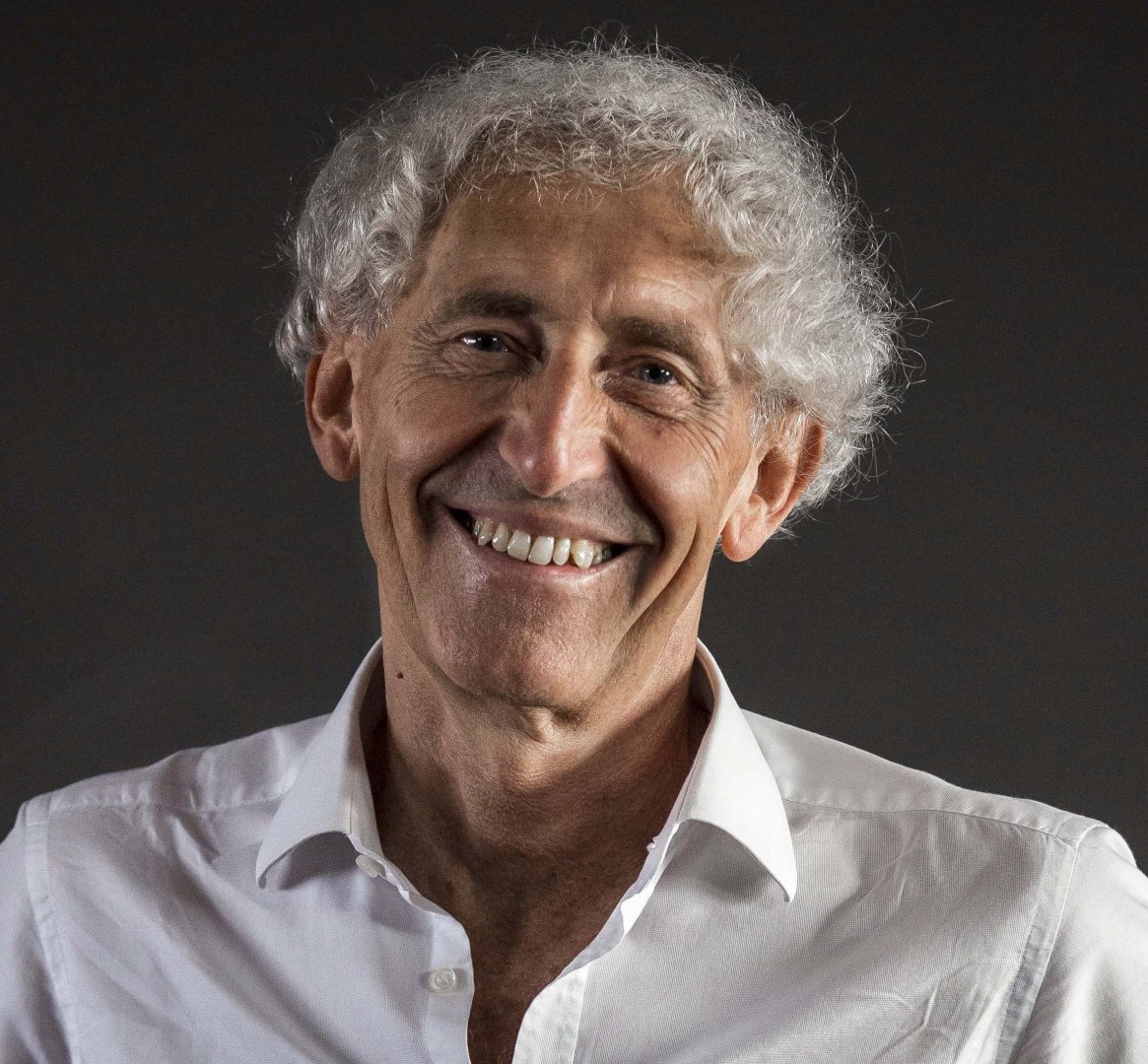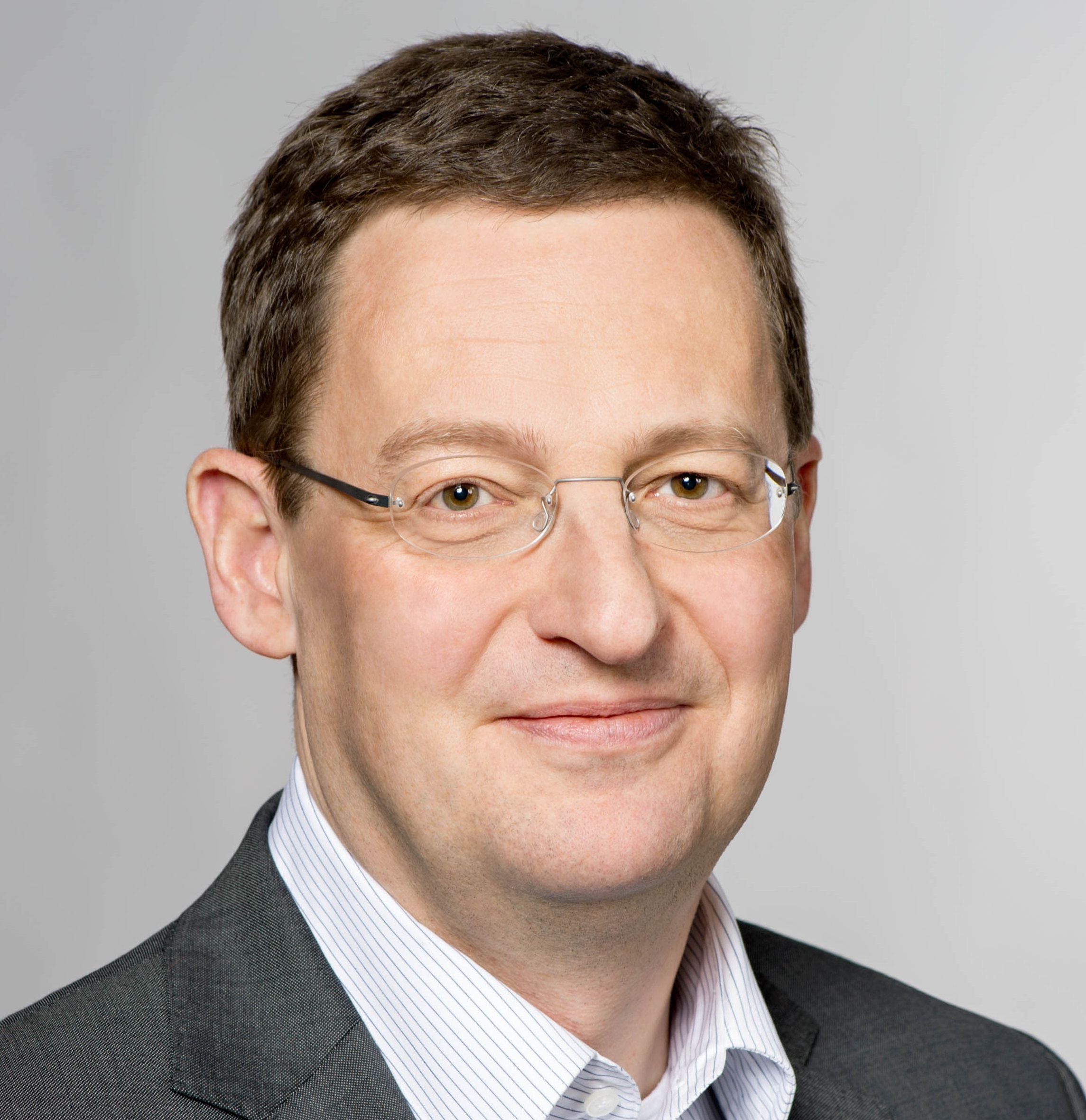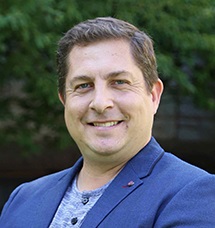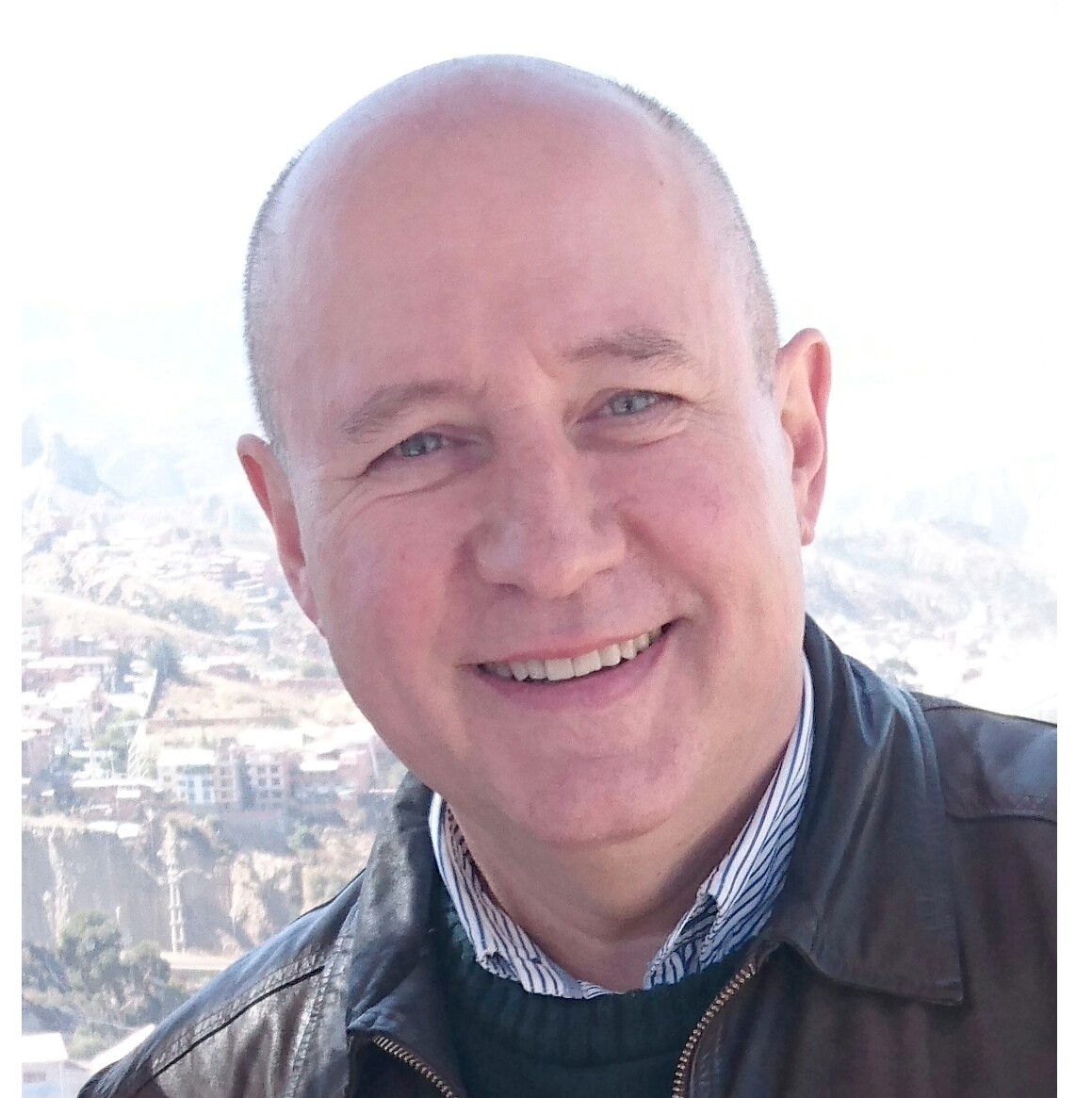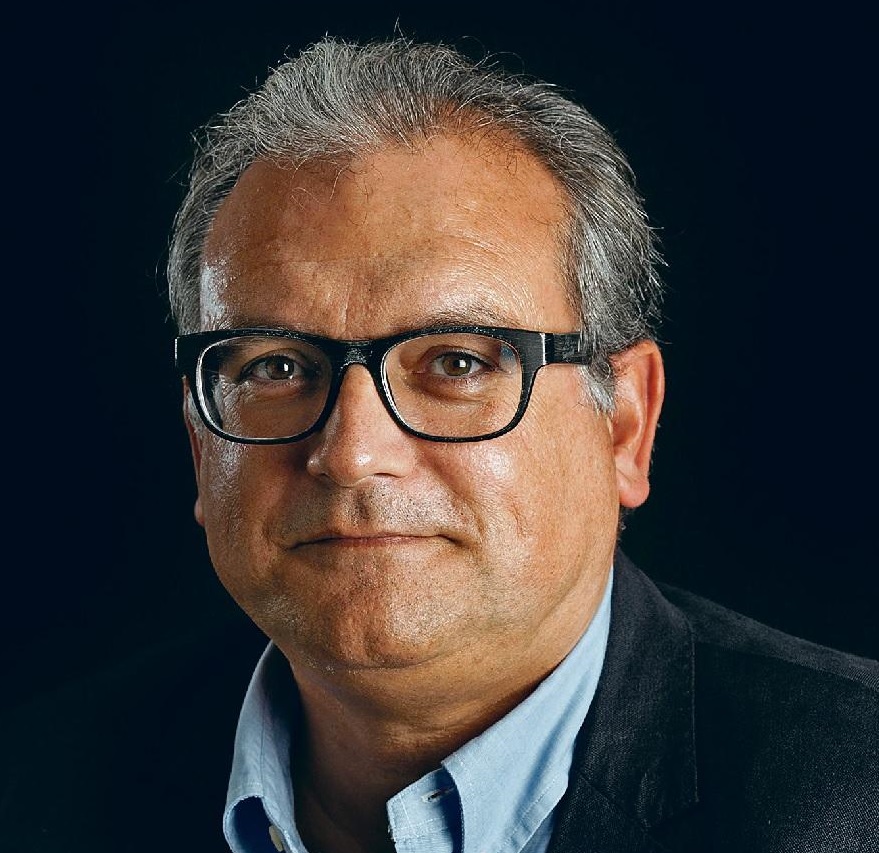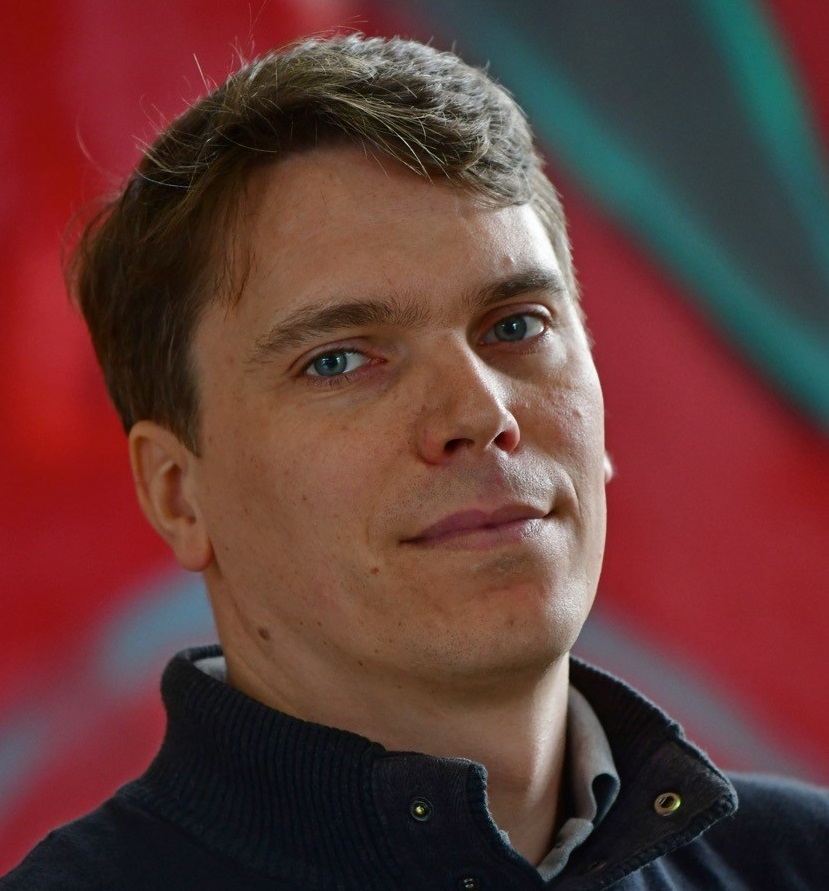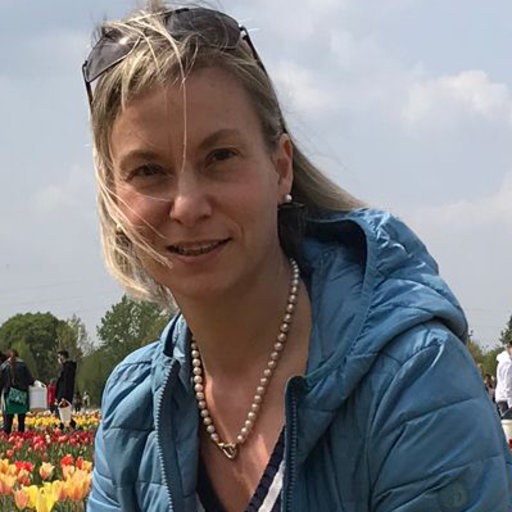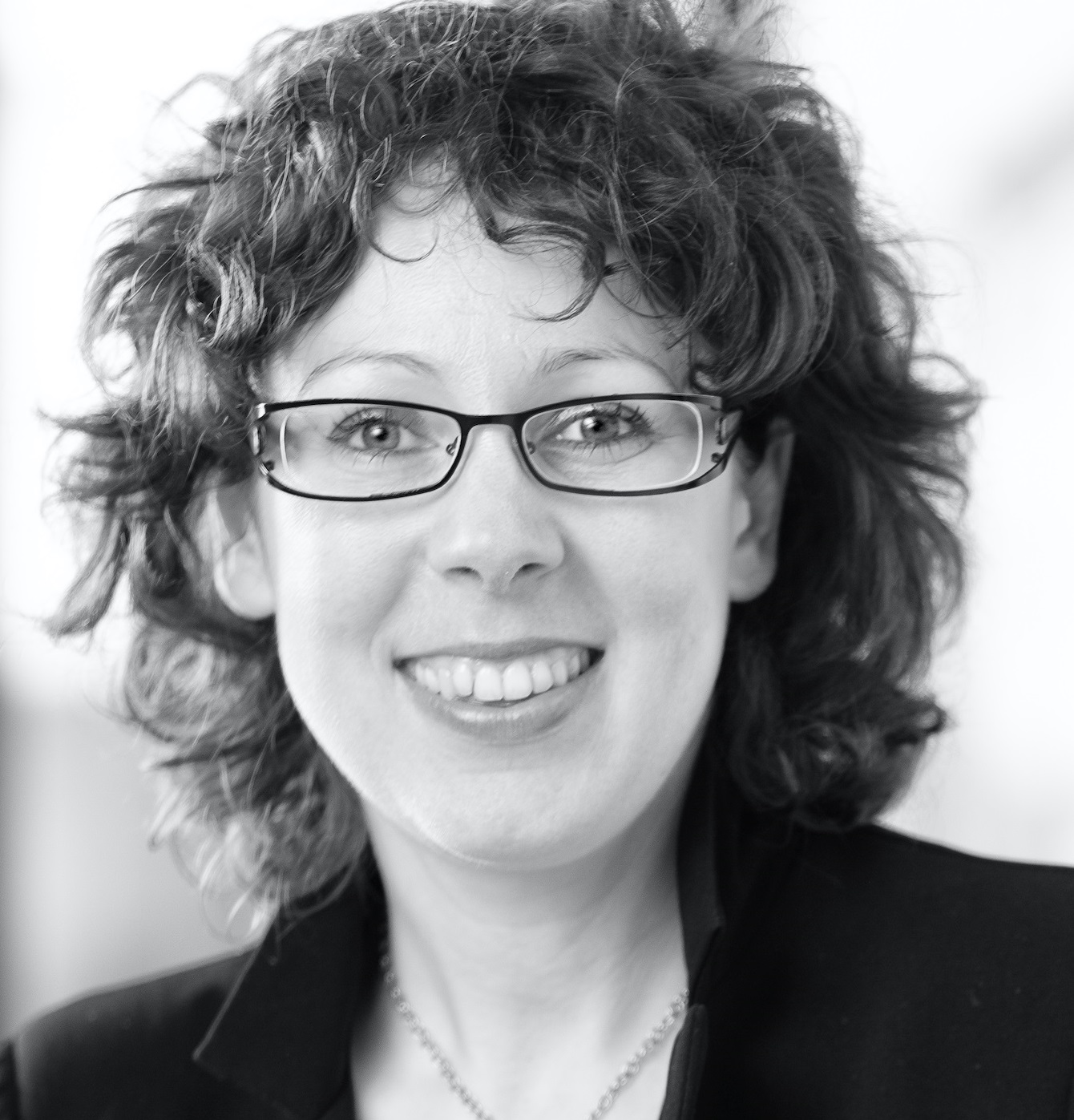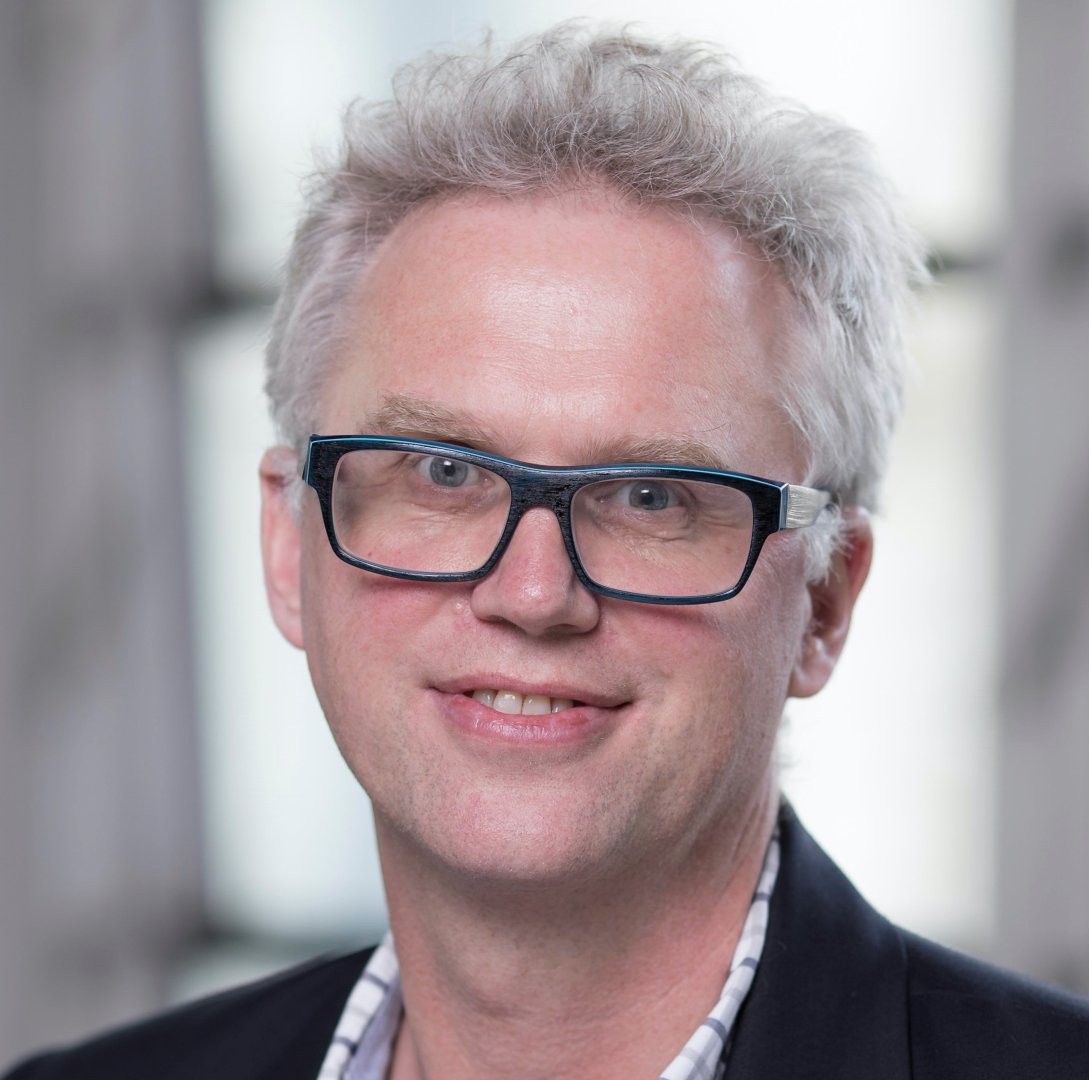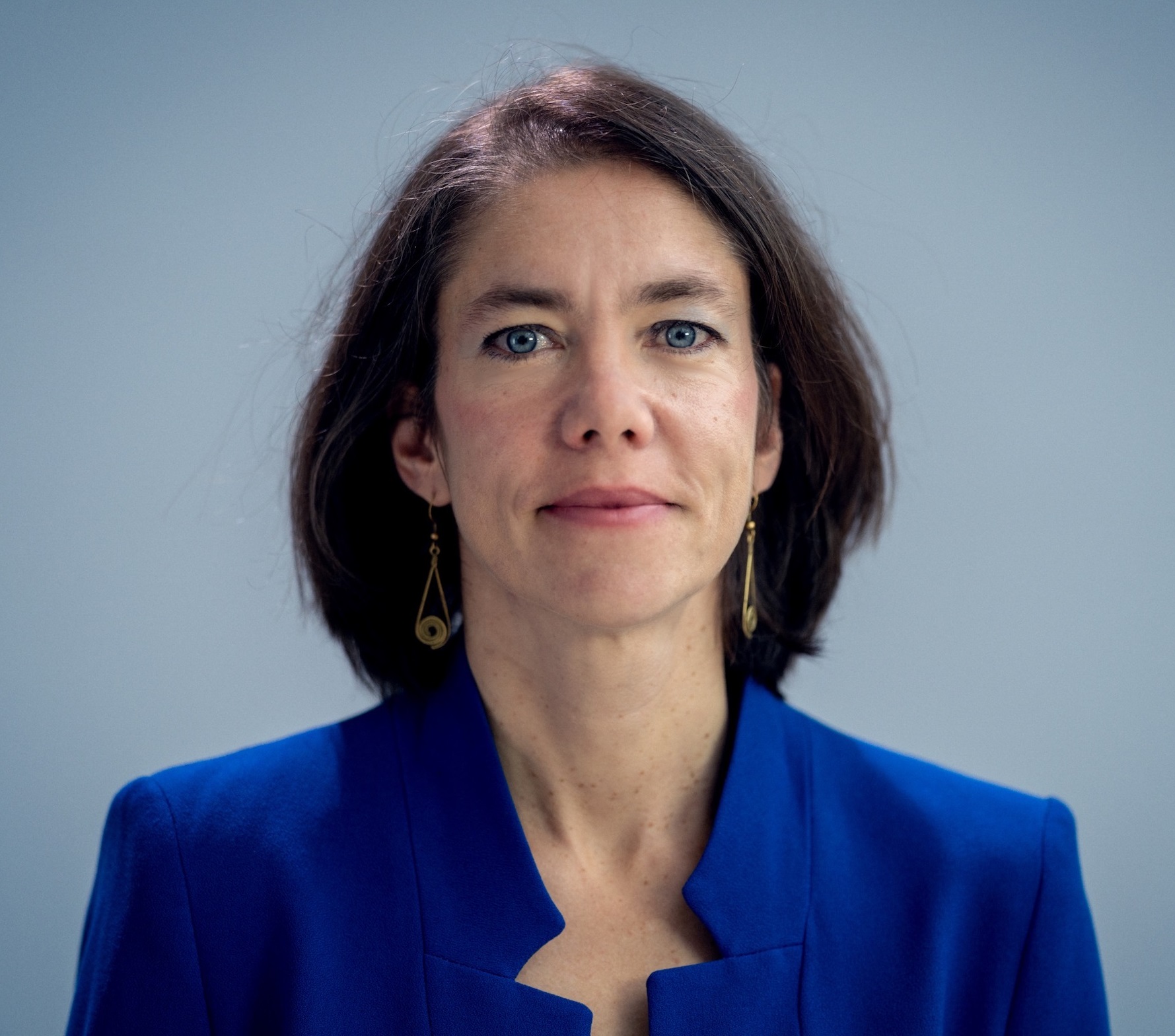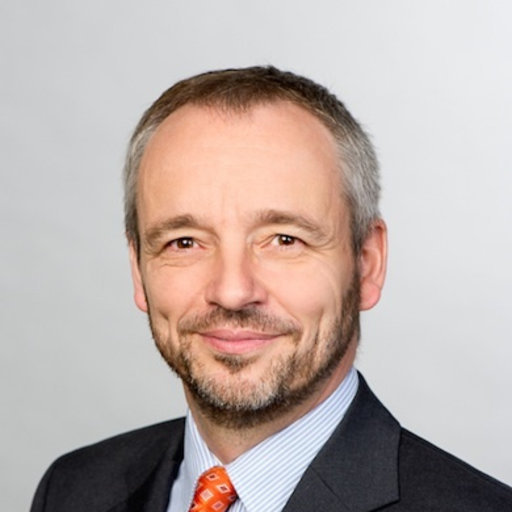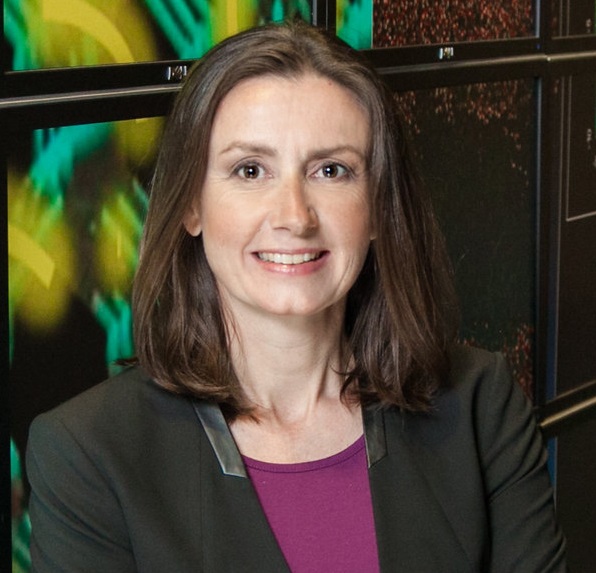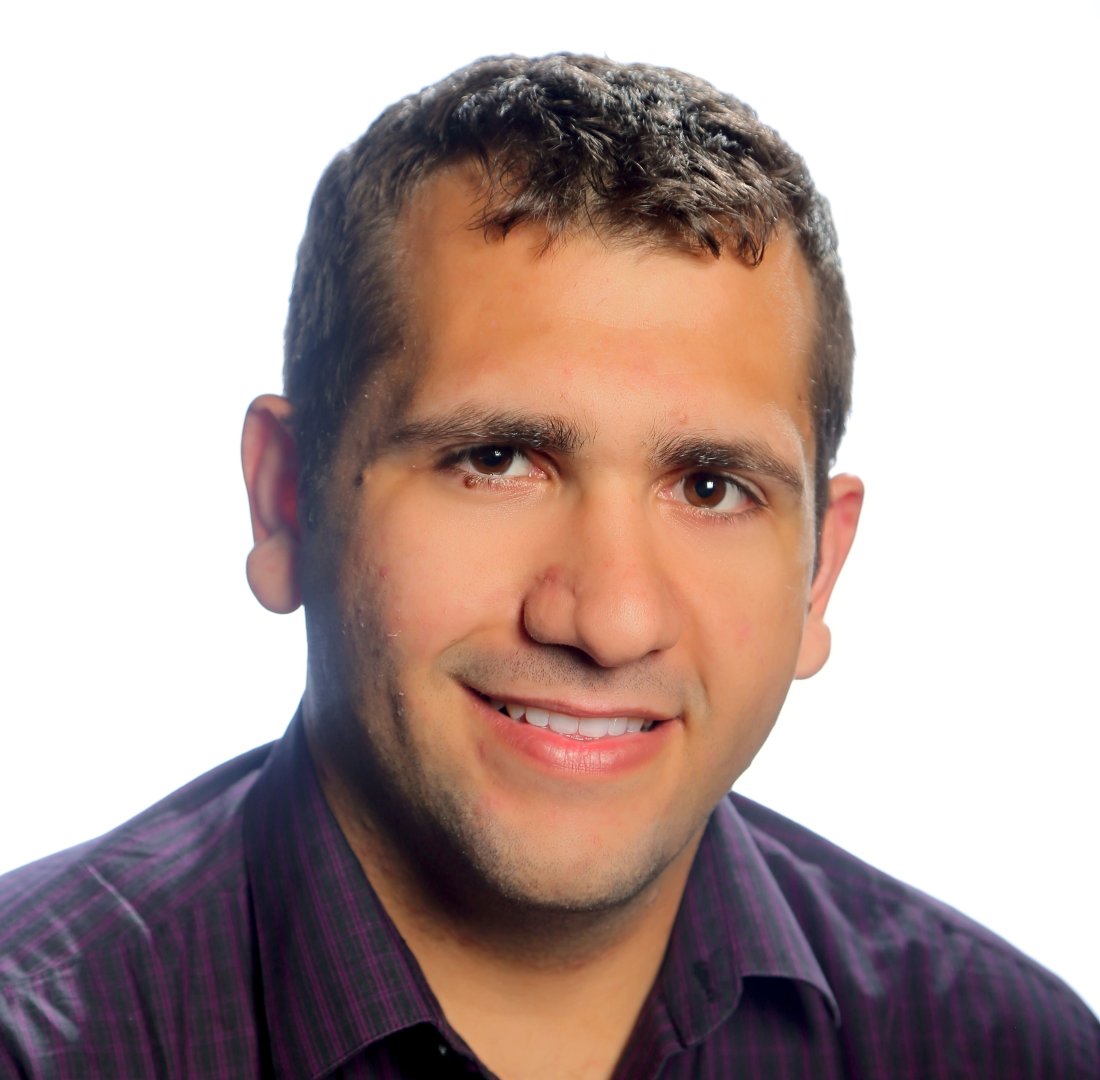
PLENARY LECTURES
JACQUELINE CHEN
Sandia National Laboratories, USA
The convergence of exascale computing and data science towards zero-carbon fuels for power and transportation.
CHARBEL FARHAT
Stanford University, USA
Multidisciplinary Computational Sciences for Landing on Mars
ALFIO MARIA QUARTERONI
Politecnico di Milano, Italy and EPFL, Lausanne, Switzerland
Physics based models and data driven algorithms for the simulation of the heart function.
SEMI PLENARY LECTURES
NIKOLAUS ADAMS
Munich Institute of Integrated Materials, Energy, and Process Engineering, Germany
Beyond super-resolution – effective numerical sampling of complex fluid flow
YURI BAZILEVS
Brown University, USA
Stabilized and Multiscale Methods: Unifying CFD for Science and Engineering
RAMON CODINA
Universitat Politècnica de Catalunya, Spain
ANTONIO HUERTA
Universitat Politècnica de Catalunya, Spain
DAVID LE TOUZÉ
École Centrale de Nantes, France
SIMONA PEROTTO
Politecnico di Milano, Italy
ANNE-VIRGINIE SALSAC
Université de Technologie de Compiègne, France
Fluid-structure interactions of liquid-core microcapsules in flow.
SPENCER SHERWIN
Imperial College of London, UK
Advancing spectral/hp element high fidelity simulation of incompressible and compressible flows
WOLFGANG A. WALL
Institute for Computational Mechanics & Center for Computational Biomedical Engineering Technical University of Munich (TUM), Germany
Potential of Probabilistic Thinking and Supercomputing for (Coupled) Computational Fluid Dynamics
KAREN E. WILLCOX
The University of Texas at Austin, USA
Nonlinear manifold approximations for reduced-order modeling of nonlinear systems



